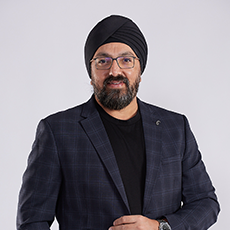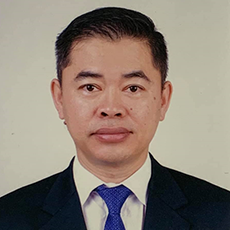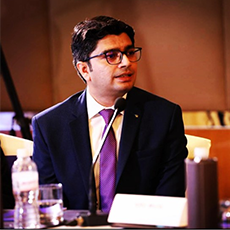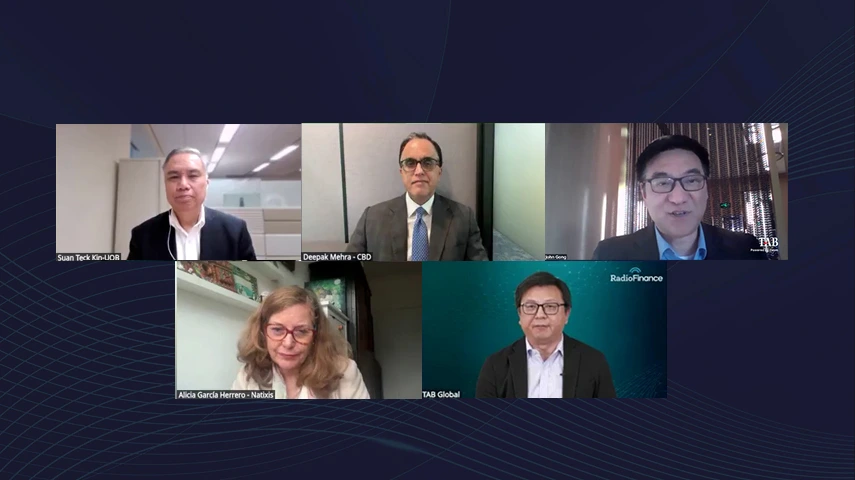Redefining business models for micro, small and medium-sized enterprises to create solutions that are more inclusive, innovative and resilient to volatile market conditions
Senior executives and heads of financial institutions (FIs) shared their perspective on how composable design enables FIs to better address the needs of micro, small and medium-sized enterprises (MSMEs). They also highlighted the opportunities and challenges of a composable design.
At the discussion were Aswin Phlaphongphanich, chief executive officer of DeeMoney; Edu Trinidad, principal business development manager of UBX, Frankie Wai, business solutions director of Temenos; Prashant Chauhan, associate vice-president of Tata Capital; Ros Sokha, senior adviser for digital financial service, banking operation and technology of SBI Ly Hour Bank; and Srinivasan Shanmuganathan, executive director-enterprise API ecosystem and marketplace of Standard Chartered.
The discussion posited that the future was going to be built around composable designs through interconnected components of microservices that can be assembled and reassembled quickly to go live. The speakers observed that traditional banks must evolve to compete with new market entries amid technological disruption and regulatory changes. To serve smaller-sized MSMEs better, a game-changer in distribution and infrastructure is needed.
Wai pointed out that new players keep raising the bar for customer experience—whenever there is a new positive experience regardless of industry, customers expect the same standards. Sokha noted that most incumbents only look at the top SMEs, which leaves MSMEs behind.
Aswin said that the pandemic highlighted pain points on the payments side where MSMEs were unable to reach their banks for remitting fund transfers within and across borders. They were also facing huge foreign exchanges volatility, which impacted cash flow and liquidity.
Trinidad commented that embedded finance provides quick and specific solutions directly to customers.
Shanmuganathan noted that infrastructure is more about accessibility and not about technology, and that for small businesses, gaining access and speed-to-market is critical. He also said that application programming interface (API) connectivity and fintech collaboration are the building blocks of a self-service model for MSMEs to empower them to choose the services they need.
As far as open banking is concerned, he said that the biggest challenge is that there are many regulatory market restrictions—including how to utilise data—that have not yet been addressed.
To create service and product flexibility at the front end, Prashant shared that for agile capabilities, there needs to be a layer on top of legacy systems, an open network of APIs for various functions. However, he added, in order for this to work, the organisation’s policies and digital mindset also has to shift.
The future has no brand loyalty but only service loyalty; FIs that provide the best service in the cheapest possible way and in the shortest length of time will win the race.
Key discussion points:

Executive Director-Head API Ecosystem & Marketplace (Enterprise Technology),
Standard Chartered.

CEO, DeeMoney

Digital Transformation Executive
SBI Ly Hour Bank

Product Owner,
Banking Services, UBX

Head Customer Onboarding ,
Supply Chain and MSME Digital Lending - Implementation Tata Capital

Business Solution Director APAC, Temenos





The Asian Banker RadioFinance aims to enhance understanding of the finance industry globally by bringing together thought leaders, industry experts, practitioners and futurists to examine current, critical issues through discussions facilitated by visual and web-based platforms. Through the use of interactive technology, participants do not have to take time out from their busy schedules or leave the comfort of their own desks.

As wallets, instant payments and embedded finance reshape how customers interact with payments across Asia Pacific, card issuance is often assumed to be losing relevance. David Lim of Alliance Bank Malaysia, Anshul Sabherwal of Standard…

Customers in Malaysia increasingly expect international payments to be as seamless as local transfers. At a closed-door roundtable convened by TAB Global with Visa, participants examined how banks are adapting to these expectations while…

The Japan Banking Innovation Conference 2025, held at The Westin Tokyo, convened over a hundred senior banking executives, fintech leaders, policymakers and technology pioneers to discuss the fundamental shifts redefining financial services.

As the global banking industry braces for a challenging 2025, it faces economic headwinds, geopolitical tensions, trade realignments, and the push for sustainability and technological innovation

The AWS Financial Services Symposium Singapore 2024 showcased how AI, data, and cloud technologies are revolutionising financial services. Industry leaders from AWS and HSBC shared insights into advancing innovation, regulatory responsibility…

By continuing to browse this website, you agree to our privacy policy.